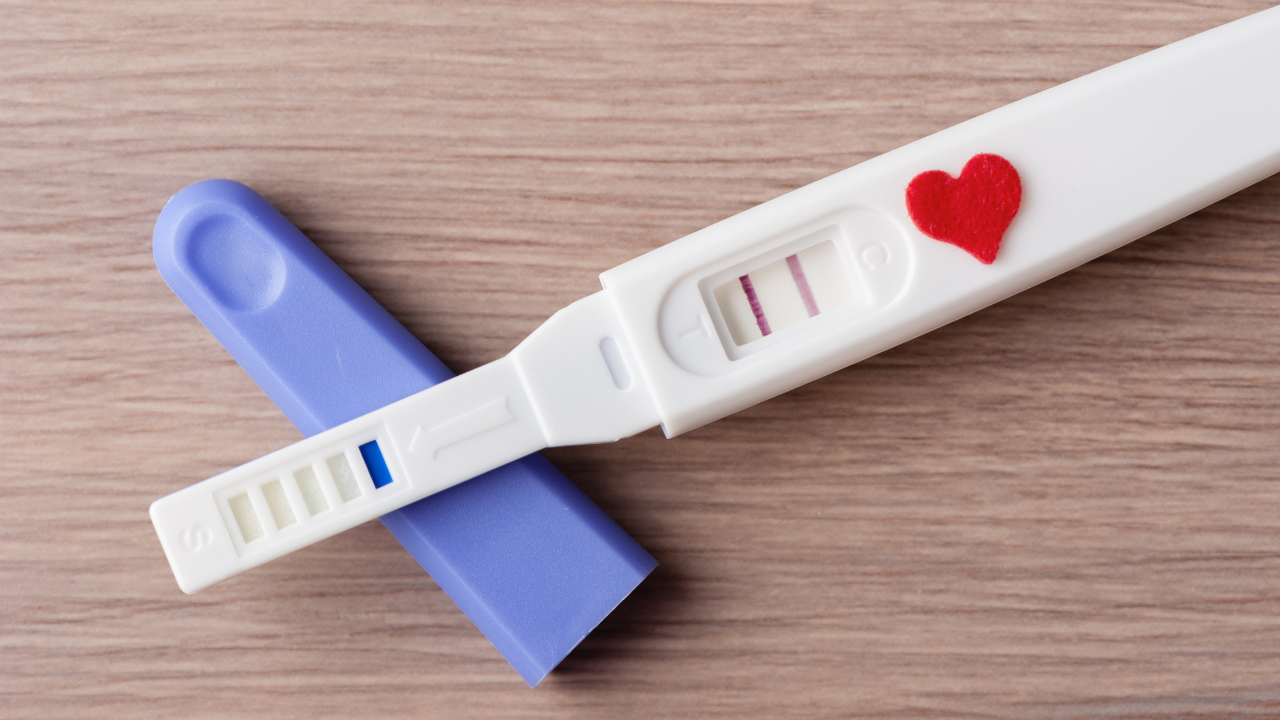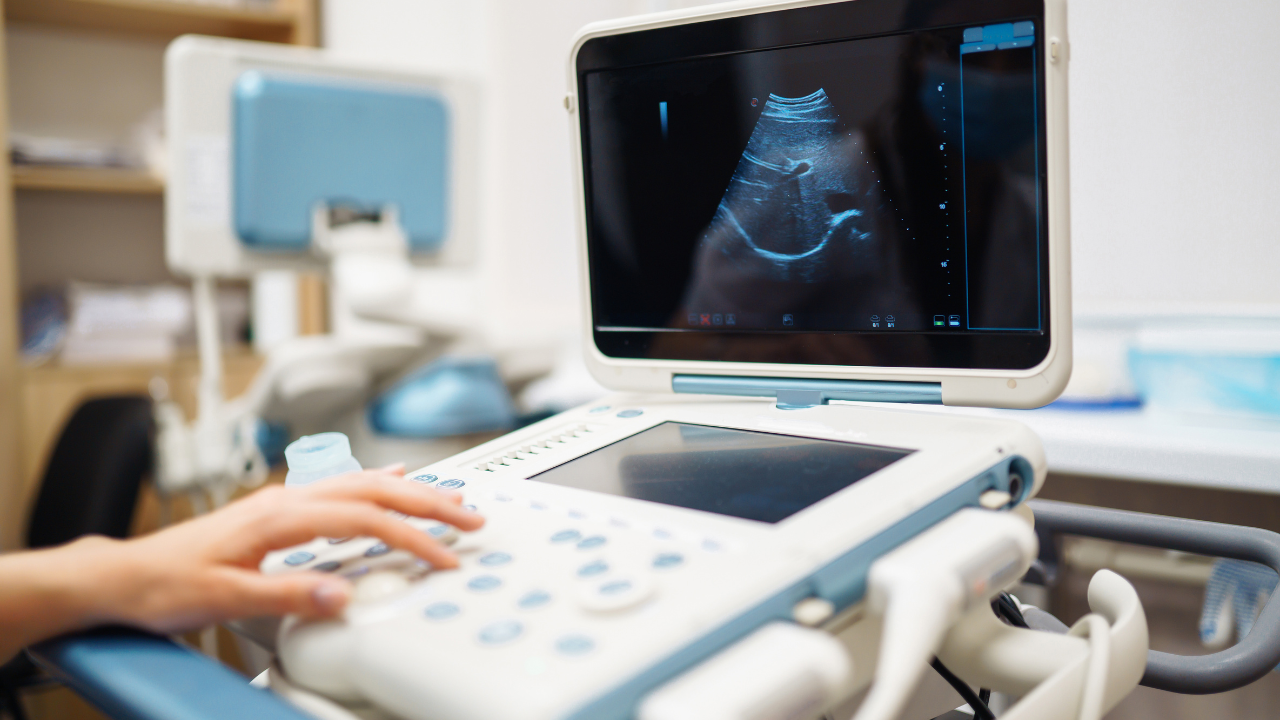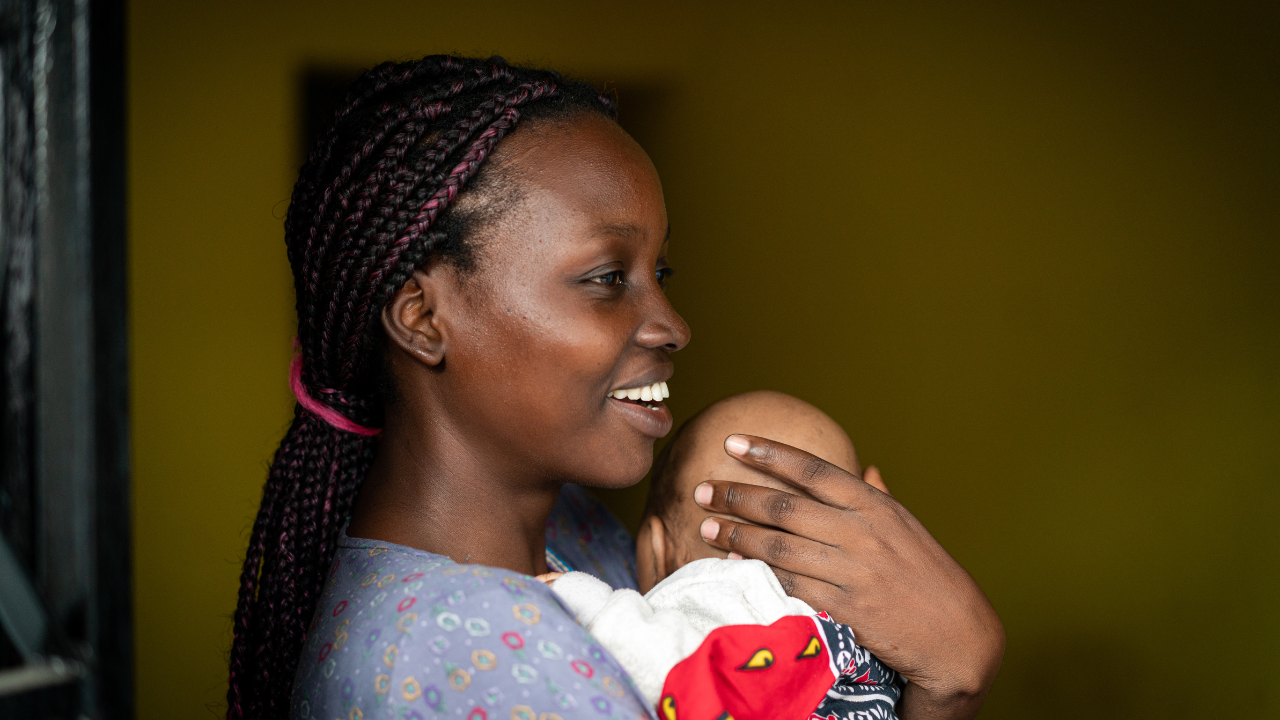Living with a Hidden Heart Story: What is CHD?
Congenital heart disease (CHD) is a broad term for heart abnormalities that develop before birth. CHD varies widely—from minor structural quirks that may cause few issues to complex conditions affecting how blood flows through the heart. Around 1 in every 100 babies is born with some form of CHD. Thanks to medical advances, many children born with CHD now thrive into adulthood, and many women with CHD are healthy enough to consider pregnancy.
Pregnancy with CHD: Balancing Dreams and Real Concerns
Pregnancy brings a whirlwind of emotions for every woman: joy, anticipation, and maybe a few jitters. For women with CHD, it also stirs unique questions about safety and health. “Will my heart handle the extra strain?” “Is it safe for my baby?” For some, these worries may feel heavier than the excitement. It’s perfectly natural to have concerns and mixed emotions. But you’re not alone on this journey—many women with CHD have safely welcomed babies with the right planning and medical support.
A Journey of Hope and Preparation
With thoughtful care, planning, and support, successful pregnancies are within reach for most women with CHD. It all starts with having a strong, dedicated, expert medical team that understands your specific heart condition and the ways in which pregnancy and childbirth will affect it. Working closely with a specialized team will help you take control, allowing you to approach pregnancy with confidence, optimism, and the same joyful anticipation every expectant mom deserves.








